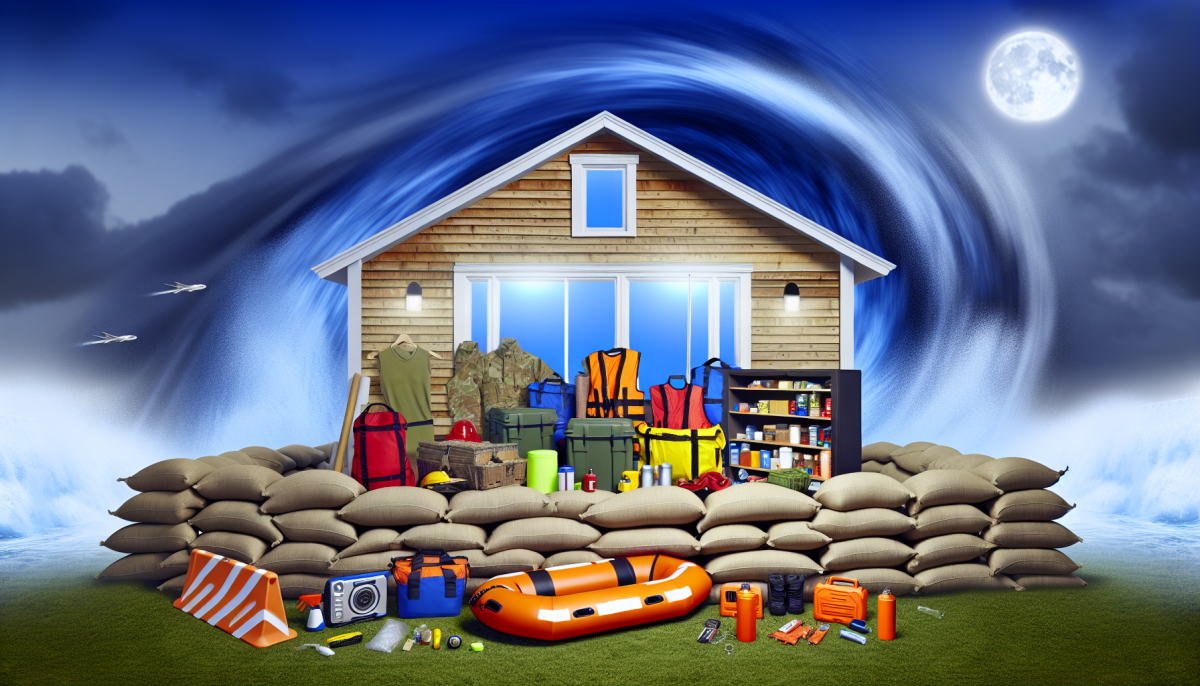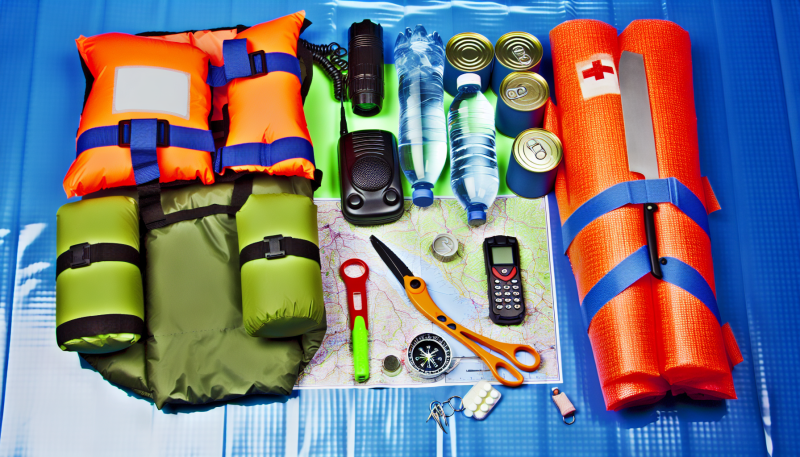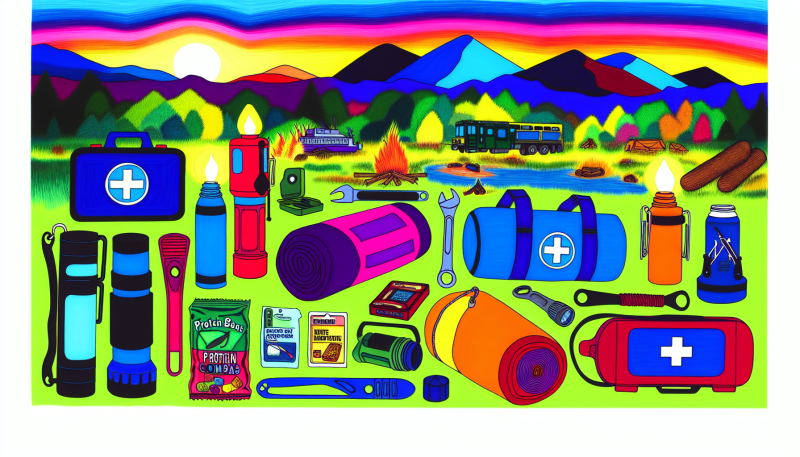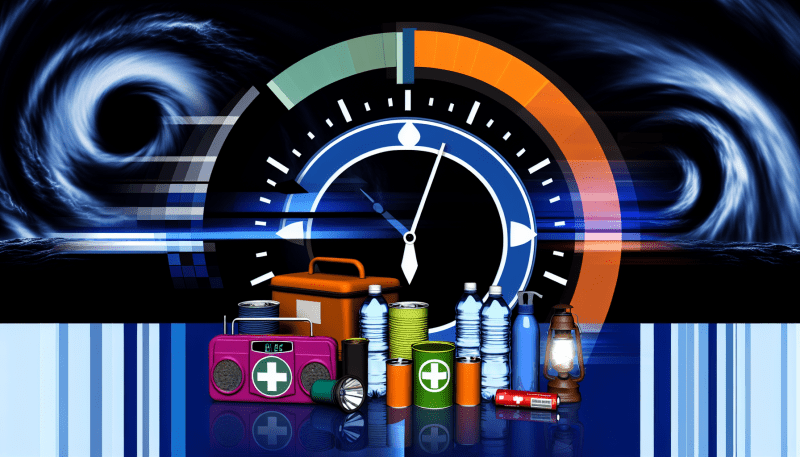When it comes to hurricane preparedness, having the right supplies can make all the difference. As storms approach, being ready ensures that you and your loved ones stay safe and comfortable. Here are some must-have items to include in your hurricane kit.
First on the list is clean water. It’s recommended to store at least one gallon of water per person per day for at least three days. Along with water, don't forget non-perishable food items. Canned goods, granola bars, and dried fruits are great choices. They’re easy to store and don’t require cooking, making them perfect for emergency situations.
Another important aspect of hurricane preparedness is having a reliable flashlight. Power outages are common during severe weather, so a bright flashlight with extra batteries will help you navigate your home safely. Additionally, a first aid kit is essential. Be sure to include items like adhesive bandages, antiseptic wipes, and pain relief medication to handle minor injuries that may occur during or after the storm.
Finally, keep a battery-operated or hand-crank radio in your kit. This will help you stay informed with real-time updates about the storm’s progress. Having a means to receive alerts can be crucial for your safety during hurricane season. By gathering these essentials, you'll be well on your way to being prepared for any hurricane that comes your way.
Food and Water Essentials
For water, aim to store at least one gallon per person per day for at least three days. This quantity ensures that you have enough drinking water, as well as water for basic hygiene needs. Consider investing in water storage containers or purchasing bottled water. Don’t forget to account for your pets; they’ll need water too. During hurricane preparedness, keep your water supply in a cool, dry place away from direct sunlight to maintain its quality.
When it comes to food, focus on non-perishable items that require little to no cooking. Canned goods, dried fruits, nuts, and granola bars are excellent options. Moreover, look for ready-to-eat meals that can be easily heated, such as canned soups or meals in pouches. It’s important to include a manual can opener in your supplies, as power outages can render electric can openers useless.
Also, don’t forget to consider special dietary needs. If you or any family members require specific foods, make sure to stock up on those items. Baby food, pet food, and any prescribed medications should also be included in your hurricane preparedness plan. Remember, keeping your food and water essentials organized and ready will help keep your family safe and secure during a hurricane.
Safety Gear and First Aid
First and foremost, a quality first aid kit is essential. Your kit should include adhesive bandages, antiseptic wipes, gauze pads, and adhesive tape. Additionally, don't forget to pack any necessary medications, such as prescription drugs or over-the-counter pain relievers. It’s wise to check your first aid kit regularly to ensure that all items are within their expiration dates and to restock anything you may have used previously.
In terms of safety gear, consider investing in items that will help you safely navigate potential hazards. A sturdy pair of gloves can protect your hands while clearing debris. Flashlights with extra batteries are essential for power outages, and a whistle is useful for signaling for help if needed. Personal protective equipment (PPE) like masks can also be beneficial to filter out dust and debris when cleaning up after the storm.
Don’t forget about essential tools like a multi-tool or a basic toolkit. These can be invaluable if you need to make quick repairs to your home or help neighbors in need. As part of your hurricane preparedness, set up an inventory of these important items, so you know exactly what you have ready to go when the storm approaches.
Important Documents and Backup Plans
When preparing for a hurricane, having the right documents on hand is just as crucial as stocking up on food and water. Important paperwork can include anything from your insurance policies to identification documents. Make a checklist of essential papers such as birth certificates, Social Security cards, and medical records, and gather them in a waterproof container. This way, you’ll have everything you need to ensure your safety and recover efficiently after the storm passes.
Additionally, consider making digital copies of these documents. Scan or take pictures of important paperwork and store them on a secure cloud service or USB drive. This will give you quick access to your information, even if you lose the physical copies during the hurricane. Having a digital backup is a proactive step in your hurricane preparedness plan, ensuring that you can prove your identity and access your financial resources when needed.
Don’t forget to create an emergency contact list, which should include family members, friends, and essential services. This list should be printed out and kept in your emergency supply kit, as well as saved on your phone. Knowing who to get in touch with during a hurricane crisis can help you stay connected and receive support when it’s most needed.
Finally, review your insurance policies before hurricane season hits. Understanding what is covered and what is not can make a significant difference in your ability to recover post-hurricane. In advance of a storm, you may need to adjust your coverage or determine if you need additional insurance, such as flood insurance, to enhance your hurricane preparedness.



